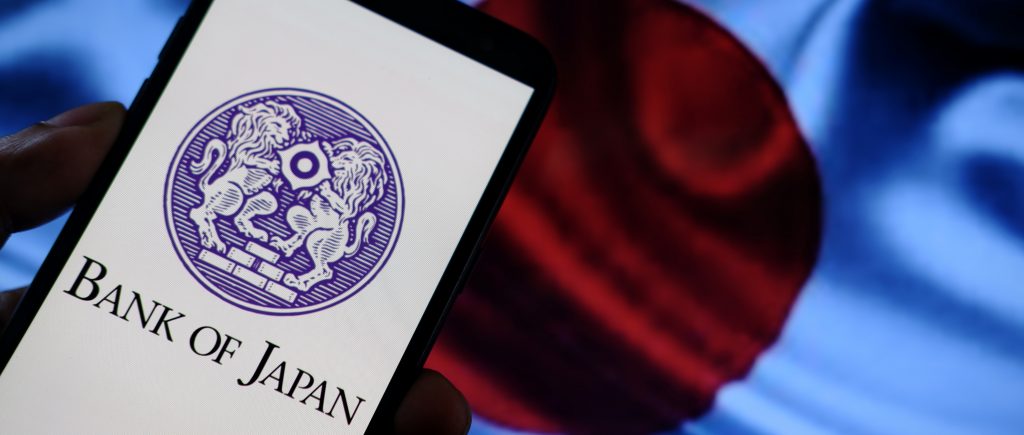The central bank of Japan unlikely to make a move on Tuesday, when it is anticipated to see no changes to the Bank of Japan’s key monetary policy settings, with the major focus being on how Governor Kazuo Ueda evaluates the progress made in achieving the sustainable inflation required to terminate the negative interest rate.
According to a Bloomberg poll of 51 BOJ observers, the bank would maintain the yield curve control program’s settings and its short-term policy rate at -0.1% during the two-day board meeting.
At a press conference following the decision, Ueda’s comments regarding the level of “certainty” surrounding the bank’s price target will be keenly examined in light of the increasing indications of strong wage growth this year.
The Japanese yen is in a holding pattern on Monday as the Bank of Japan holds a two-day meeting today and Tuesday. In the European session, USD/JPY is trading at 148.05, down 0.08%.
The yen has been on a rollercoaster in recent weeks. In December, the yen took advantage of a slumping US dollar and surged 4.85%. Those gains have been squandered as the dollar has rebounded in January and jumped 5.1%. On Friday, USD/JPY touched a high of 148.80, its highest level since November 28.
The 150 level is not too far away and if the yen continues to lose ground, concerns will mount that the Ministry of Finance could intervene to prop up the yen.
The Bank of Japan will wrap up its policy meeting on Tuesday, and any hints of a shift in monetary policy would likely send the yen sharply higher. The markets aren’t expecting the central bank to change policy settings, although the BoJ, which isn’t known for transparency, has surprised the markets before.
BoJ is likely to remove negative rates; but, given the weakening of the economy and the slowing rate of inflation, the timing is not ideal. Expectations of a policy change have decreased since the earthquake on January 1st, and policy adjustments are anticipated to be evaluated after the national wage talks in March.
A big announcement is more likely to be made during the meeting in April. Investors will need to process Governor Ueda’s press conference, quarterly economic forecasts, and new inflation statistics.

BoJ
 Noor Trends News, Technical Analysis, Educational Tools and Recommendations
Noor Trends News, Technical Analysis, Educational Tools and Recommendations




